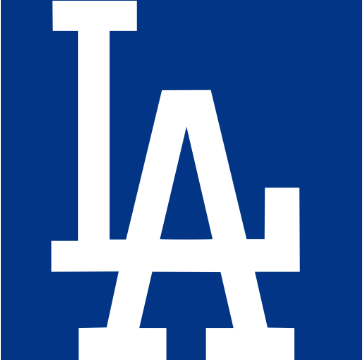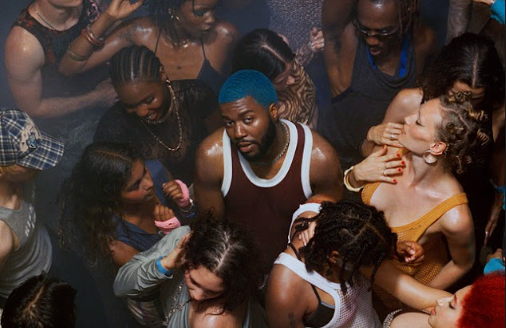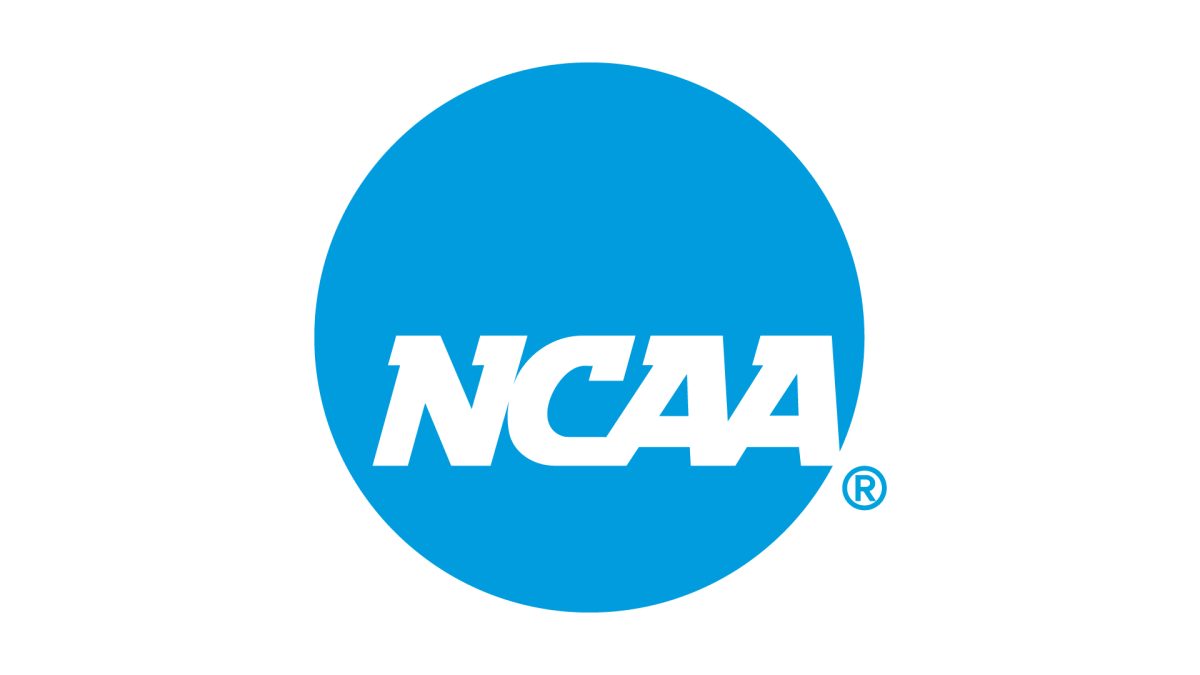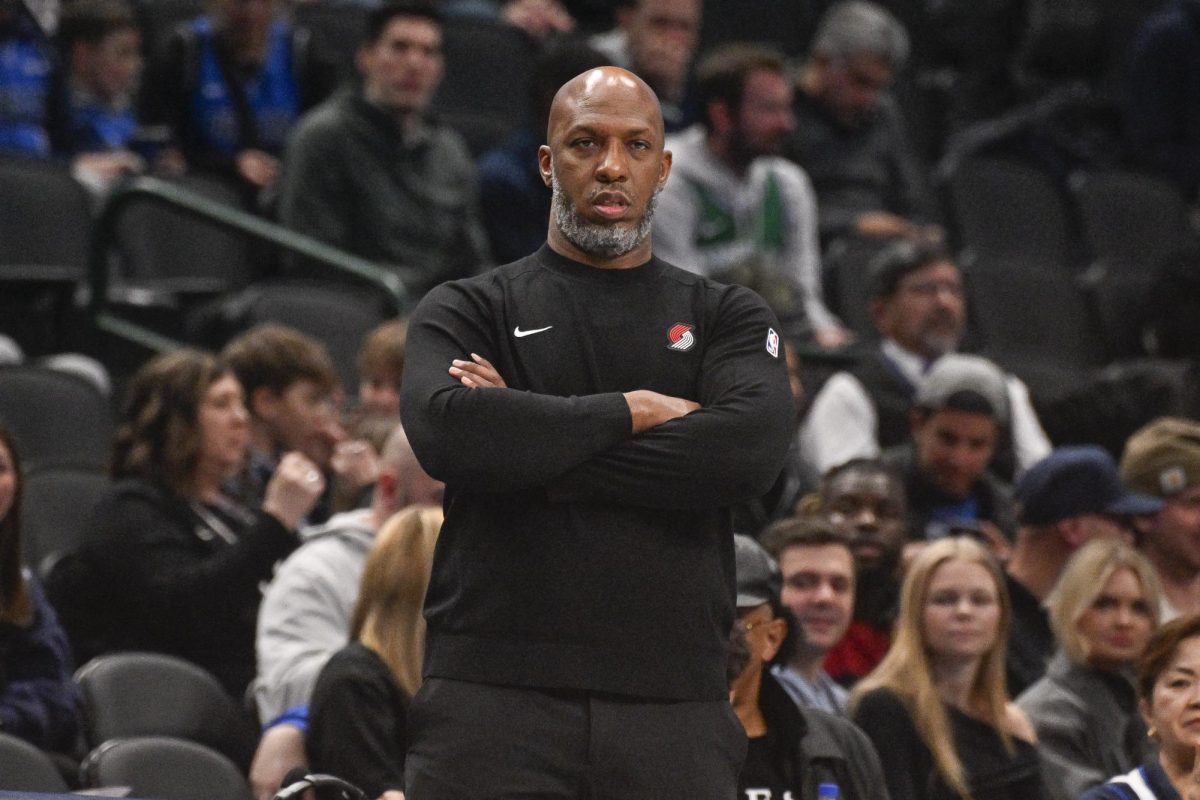
With the MLB offseason in full swing, one thing has for sure been evident: the Los Angeles Dodgers are ruining baseball.
Over the past months, the Dodgers have spent over $1.21 billion on free agents and trades, obtaining players such as two-way superstar and two-time AL MVP Shohei Ohtani, Japanese superstar pitcher Yoshinobu Yamamoto, exceptional outfielder Teoscar Hernandez, Rays star pitcher Tyler Glasnow, and stable relievers in James Paxton and Joe Kelly.
On top of that, the $1.21 billion spent in this single offseason is more than the entirety of the payroll of AL Central combined.
To make it worse, the Dodgers have been able to manipulate Ohtani’s lucrative $700 million contract so that they only have to pay him $2 million until the end of his time with L.A., when he will be paid $68 million between 2034 and 2043.
Essentially, this allows L.A. to build “super teams” and remain World Series contenders every year while smaller market teams struggle even to sign average players and remain competitive.
Some baseball fans argue that any team can do this, which is true. But baseball does not have a salary cap like other major sports leagues in America. So big-market teams like the Yankees, Dodgers, Giants, and Red Sox can spend much more on star players and consistently be competitive while small-market teams like the Pirates, Athletics, Guardians, and Diamondbacks only get a few years of competitiveness every so often.
Another common argument is that all MLB team owners are extremely wealthy, so they all should just spend big money if they feel they can’t compete with bigger-market teams. Again, this is true, but fans cannot help that the owners of their favorite teams, such as Pirates’ Bob Nutting, are not willing to spend enough to put a competitive product on the diamond consistently.
In short, MLB needs to do something about this issue. Either add a salary cap to baseball to make free agency fair for all teams, or stop teams from being able to manipulate contracts to the point where money almost does not matter to big-market teams.













